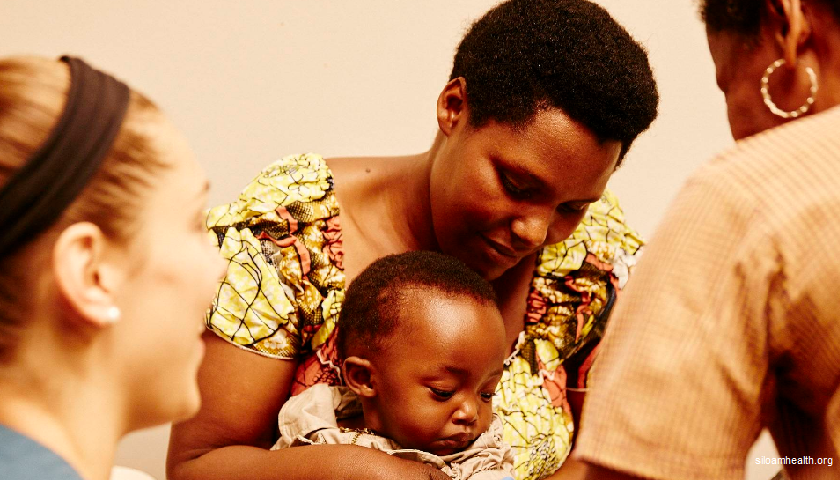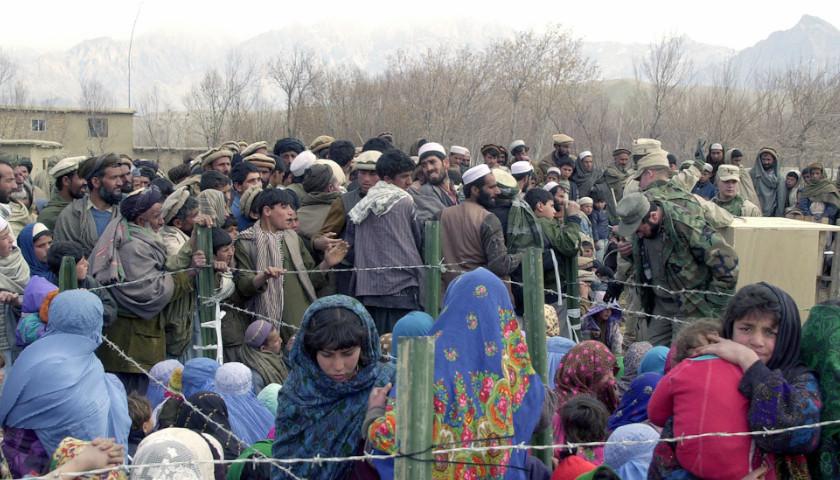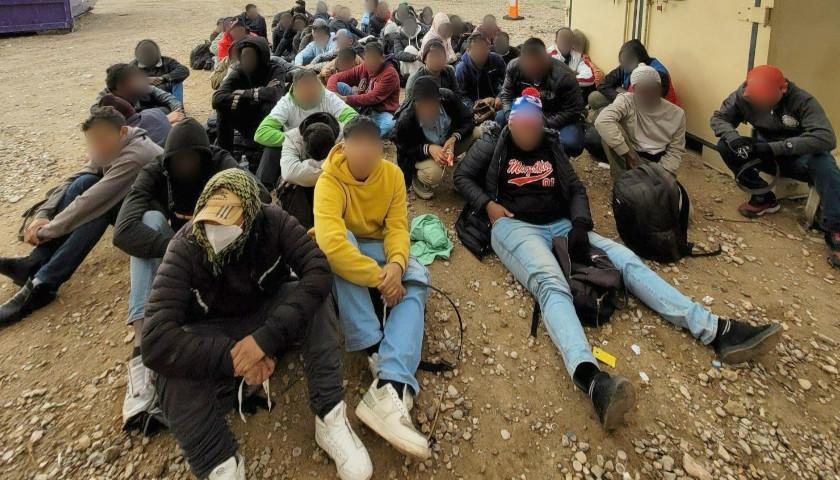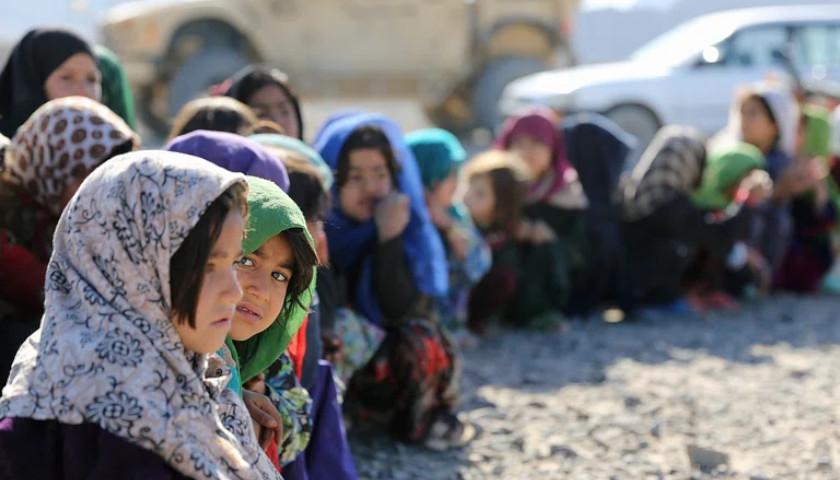Siloam Health, staffed with full-time medical providers, is located in Nashville and operates as a “faith-based, volunteer-supported clinic for people with no health insurance and limited resources.” In 2012, Siloam estimated that eighty-six percent of its patients were foreign born. The health center contracts with Catholic Charities’ TN Office for Refugees to provide immunizations and initial medical screenings for refugees brought to Tennessee by the federal refugee resettlement contractors, but its medical director has no idea “how prevalent FGM is among the refugees that we screen.”
Dr. Jim Henderson, Siloam’s medical director confirmed the health center follows the Center for Disease Control (CDC) “Domestic Medical Screening Guidelines for Newly Arrived Refugees” for the initial medical screening they provide and that:
Performing a pelvic exam is not a routine part of that first exam. For that reason we can’t comment on how prevalent FGM is among the refugees that we screen. Follow-up care (continuity of care or ongoing primary care) is with local TennCare practitioners in the county, so the actual prevalence of FGM among refugees may be known by others in our community.
The CDC offers twelve separate guidelines for a refugee’s initial medical screening including one for the “History and Physical” which recommends taking a “detailed review of [bodily] systems” including a genital exam for both sexes even if it must be accomplished in a follow-up primary care visit.
While Siloam’s medical providers are aware that anyone “seeking a female circumcision for themselves, their wife, or their daughter, etc, would be committing a felony” in Tennessee, Dr. Hendeson reports that “[w]e have had no requests from any refugees for this procedure” although he admits that “[o]n occasion we see mention of prior FGM in the Overseas Medical Records (OMR) of refugees. When asked many (?most) refugees will not admit to having this performed on them in their past.”
With an oblique reference to the 2012 Tennessee FGM reporting law, Dr. Henderson pointed out that there is no requirement to report the number of women and girls who were mutilated prior to their arrival in Tennessee and was not clear whether based on his experience of screening refugees from high FGM prevalence countries like Somalia, that he would endorse collecting this statistic as an indicator of continuing the practice of genital mutilation after resettlement in Tennessee.
Despite Siloam’s “occasional” and inadvertent discovery of prior genital mutilation which Dr. Henderson refers to euphemistically as “female circumcision,” he nonetheless expresses a measure of confidence with regard to the issue of FGM and Somali refugees:
FGM has been outlawed in Somalia, and we believe that individual refugees from there (and possibly from neighboring countries) know that it is illegal in the USA.
Siloam uses a reference guide called Providing Culturally Appropriate Reproductive Health and Family Planning Services to Somali Immigrants and Refugees to “counsel families regarding the medical harm (and liability) that can result from trying to have the procedure performed on their family members.”
Despite Somalia’s 2012 provisional constitution prohibiting FGM and current efforts to pass a new law banning FGM, data collated by UNICEF shows that “FGM/C is nearly universal among girls and women in Somalia” and is the country where “[t]he vast majority of girls [86%] experience the practice between the ages of 5 and 9, and more than half undergo the most severe form of FGM/C.”
With an overall rate of ninety-eight percent of women and girls being mutilated, Somalia has one of the highest and persistent overall rates of FGM.
Mutilation of Somali women and girls in Somalia is based on religious belief, cultural practices and a commitment that it is necessary for marriageability; it is so entrenched that at least sixty-five percent of mothers who had their daughters cut, believe the practice should continue.
Minneapolis is reported to have the largest Somali population overall. Refugee arrival data made public by the U.S. State Department only starts from 2002, but since that time, federal contractors have resettled over 3,000 Somalis to Tennessee which does not include secondary migrants.
Reticence by refugees to reveal having been mutilated while at the same time acknowledging that it is illegal in the U.S. sounds much like the details of the government’s prosecution of the doctor in Detroit for her after hours FGM “clinic.”
Immigrant anti-FGM activists confirm that mutilating girls continues in the U.S. including in Georgia and Minnesota and with the recent arrest of the doctor in Detroit, in Michigan as well. Since 9/11 almost 100,000 Somalis have been admitted to the U.S. and the Population Reference Bureau report estimates that over 75,000 Somali women and girls in the U.S. are at risk for FGM. The report lists Minnesota third among states with the highest risk.






[…] confirmed to the Tennessee Star that they do not screen for FGM as part of a refugee’s initial exam, […]